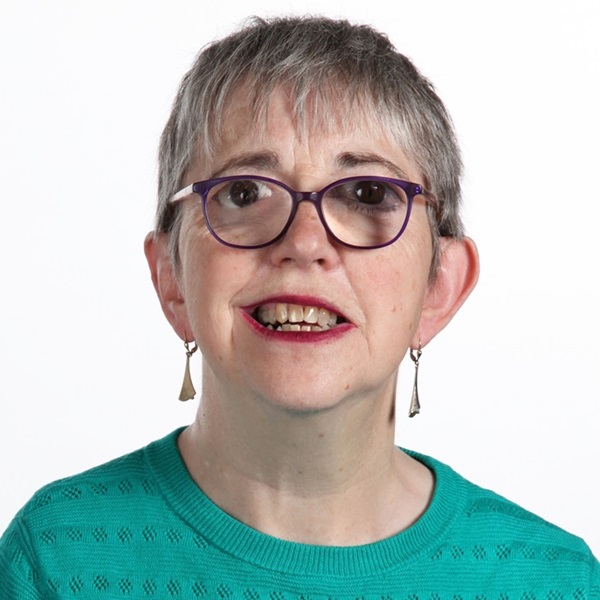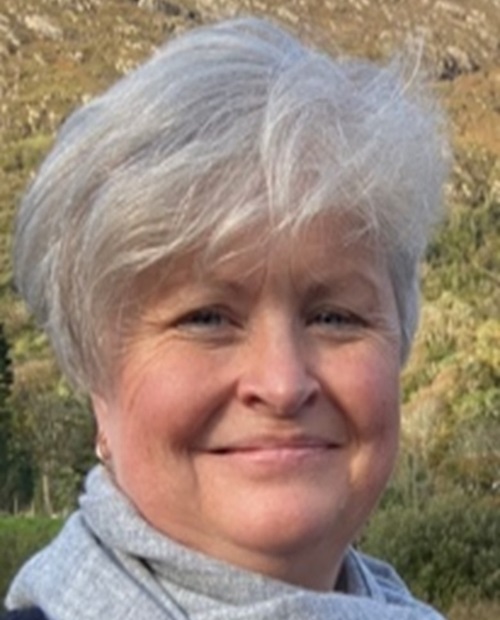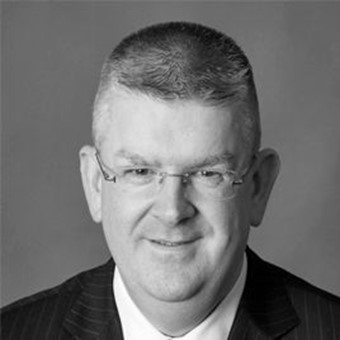ADCET Webinar: The Disability Officer – a Linchpin on the UD Campus?
This presentation examined the role the Disability Officer had on a universally designed campus. The Disability Officer is a professional, occupied with not just the learners, but all those involved with learners with a disability. Patricia McCarthy and Mary Quirke (apologies from Conor Mc Guckin) from Ireland, sought to explore the professional role of the Disability Officer and raise other considerations as universal design transforms not just the world of the student, but also the world of the Disability Officer.
Inclusive practices within tertiary education have advanced considerably in recent decades and is largely related to the growing numbers of students with disability enrolling in courses. Historically, inclusion activities for these students were the sole remit of the Disability Officer. It is evident that the role of the Disability Officer is changing and therefore, they could be seen as inclusion experts who are well placed to advise and lead on UDL initiatives not just for students with disabilities but for all on campus.
A truly inclusive campus may change how students with a disability interact and negotiate their way through education, however, it does not lessen the need to be able to engage with someone who can advise, mediate, and negotiate in a knowledgeable manner. Disability Officers have the disability- knowledge, practice and know-how required. They also have the necessary relationships and influence. They can and should be recognised as a professional resource, advocate, and practitioner, who are critical in today's universally designed tertiary education system.
There is an imperative to recognise and adopt a more sustainable approach to inclusion. We need to continually rethink and redesign UDL, revisit who it is for, challenge any assumptions we have and most importantly we need to accept and appreciate the need to continue to develop it as a theory and practice. UDL is not a list and is never done. It is a philosophy and practice that begs to challenge and be challenged - by all of us. Furthermore, we need to appreciate the role today’s Disability Officer has in advancing a truly universally designed campus.
Presenters

Dr Patricia McCarthy graduated with a PhD from Trinity College Dublin in 2014. Her thesis focused on educational experiences and transition opportunities of vision impaired/blind people. Patricia is a Visiting Research Fellow in the School of Education, TCD where she coordinates the PME Sociology of Education module, contributes to the Disability Rights module TCPID and an active member of the research community. A key component of her research focuses on UD(L), inclusion and participation of marginalised groups; Patricia’s ontological position as a disabled researcher is instrumental to her research and publications. Patricia is an advocate for people with disabilities, advising various governmental and civic society organisations.

Mary Quirke is a qualified career guidance counsellor, currently engaged in private practice (www.Career Confidence.ie) and has completed a PhD in Trinity College Dublin with a research interest in Career Guidance, Universal Design and Disability. Mary’s professional experience includes AHEAD, HSE, REHAB, and FETAC. Consequently, she has gained a depth of experience of advocacy, policy creation and inclusion which has been further complimented by her active engagement with learners in Ireland, Europe, Japan and Singapore and her work with employers on graduate recruitment and the diversity agenda over the years.

Dr Conor Mc Guckin, is a Professor in Educational Psychology in the School of Education, Trinity College Dublin. Conor’s research interests are wide ranging and include Bully/Victim Problems: Links to Educational Attainment and Health and Well-being; psychology Applied to Education; Educational Guidance and Counselling; Special Educational Needs / Disability; UD(L); Rare Disease: 22q11.2 Deletion Syndrome and Experiences of Bereavement, Separation, and Divorce. Conor has a long track record of involvement in, and management of, collaborative research projects.
(April 2024)
ADCET is hosted by the University of Tasmania

